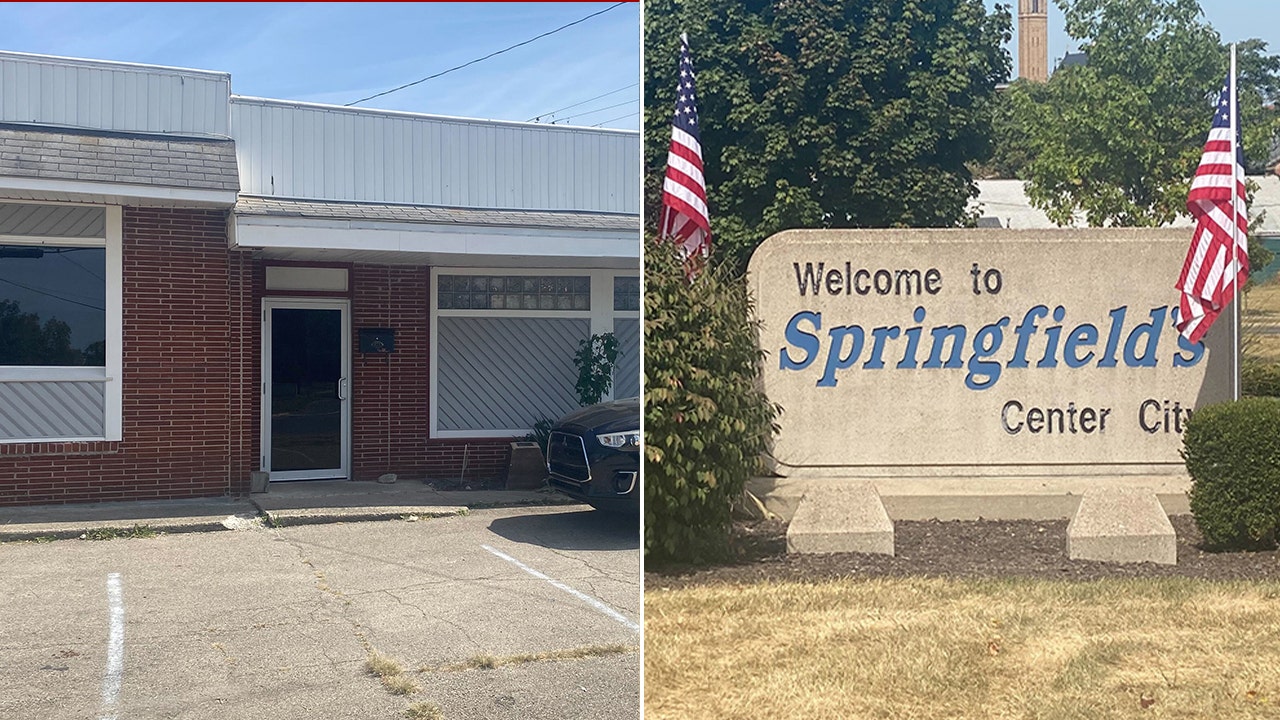
Source: Getty Images
The government targets those most unable to protect themselves.
Data from the IRS shows that the agency mainly targeted low-income people — but few millionaires and billionaires.
In January, Speaker McCarthy dropped the gavel and said, “promises made” as the Republican-controlled House approved its first bill rescinding funding for the 87,000 IRS agents.
🚨 House Republicans just voted unanimously to repeal the Democrats’ army of 87,000 IRS agents 🚨
This was our very first act of the new Congress, because government should work for you, not against you.
Promises made. Promises kept.
— Kevin McCarthy (@SpeakerMcCarthy) January 10, 2023
On Monday, the Internal Revenue Service (IRS) announced new regulations for a voluntary tip-reporting scheme between the government and employers in a variety of service industries such as entertainment, hospitality, housekeeping, and others.
“This guidance contains a notice of proposed revenue procedure establishing the Service Industry Tip Compliance Agreement (SITCA) program,” according to the IRS Notice.
“SITCA is a voluntary tip reporting program between the Internal Revenue Service and employers in the service industry (excluding the gaming industry) that is designed to enhance tax compliance through the use of agreements instead of traditional audit techniques.”
The new, voluntary program would replace the Tip Rate Determination Agreement (TRDA), the Tip Reporting Alternative Commitment (TRAC), and the Employer designed TRAC (EmTRAC).
Americans have until May 7, 2023, according to the IRS notice, to weigh in on the proposed program, and may be submitted in one of two ways:
- Mail. Send paper submissions to CC:PA:LPD:PR (Notice 2023-13), Room 5203, Internal Revenue Service, P.O. Box 7604, Ben Franklin Station, Washington, D.C. 20044.
- Electronically. Submit electronic submissions via the Federal eRulemaking Portal at www.regulations.gov (indicate IRS and Notice 2023-13) by following the online instructions for submitting comments. Once submitted to the Federal Rulemaking Portal, comments cannot be edited or withdrawn. Commenters are strongly encouraged to submit public comments electronically. The Treasury Department and the IRS will publish for public availability any comment submitted electronically, and to the extent practicable on paper, to its public docket.
Those 87,000 new IRS agents that you were promised would only target the rich…
They’re coming after waitresses’ tips now: “monitoring of employer compliance based on actual annual tip revenue and charge tip data from an employer’s point-of-sale system.”https://t.co/WAvh0t2cNN
— Mike Palicz (@Mike_Palicz) February 7, 2023
FOX News reported:
According to the IRS, the program would seek to “improve tip reporting compliance,” reduce administrative burdens and provide more transparency and certainty to taxpayers.
Among the program’s features, the agency lists “monitoring of employer compliance based on actual annual tip revenue and charge tip data from an employer’s point-of-sale system, and allowance for adjustments in tipping practices from year to year.”
It also states that participating employers would provide the IRS with annual reports, would receive protection from liability related to “rules that define tips as part of an employee’s pay” and would have the flexibility to implant internal tip reporting procedures “in accordance with the section of the tax law that requires employees to report tips to their employers.”
“There’s no reason they’d be issuing guidance on how to crack down on this if it was only going to end up being voluntary,” Palicz told Fox News Digital in an interview. “Ultimately, the goal is to go and grab as much revenue as possible and from whoever they can.”
“All of this in the backdrop of — they told us they’re not going to be coming after people earning $400,000 or less,” he continued. “Well, here’s a new IRS rule that’s focused on bringing in tips from waitresses. That’s what they’re focused on doing, that’s what they’re putting new rules on.”
More from IRS:
This notice sets forth a proposed revenue procedure that establishes the Service Industry Tip Compliance Agreement (SITCA) program, a voluntary tip reporting program offered by the Internal Revenue Service (IRS) to employers in the service industry (excluding gaming industry employers)1. The SITCA program is intended to replace the Tip Reporting Alternative Commitment (TRAC) program and the Tip Rate Determination Agreement (TRDA) program, as well as the Employer-Designed Tip Reporting Program (EmTRAC). The proposed revenue procedure provides that upon termination of the TRAC, TRDA, and EmTRAC programs, employers with existing tip reporting agreements in those programs will have a transition period during which their existing agreements will remain effective. The transition period will end upon the earliest of (1) the employer’s acceptance into the SITCA program, (2) an IRS determination that the employer is noncompliant with the terms of the TRAC, TRDA, or EmTRAC agreement, or (3) the end of the first calendar year beginning after the date on which the final revenue procedure is published in the Internal Revenue Bulletin. The IRS is issuing this guidance in proposed form to provide an opportunity for public feedback.
The proposed revenue procedure sets forth requirements for an employer to participate in the SITCA program. An eligible employer, called a “Service Industry Employer,” is generally an employer (excluding gaming industry employers) that (1) is in a service industry where employees perform services for customers and those services generate sales that are subject to tipping by customers, (2) has at least one Covered Establishment, and (3) is compliant with Federal, state, and local tax laws for the three completed calendar years immediately preceding the date the application is filed (the preceding period), plus the calendar quarters following the end of the preceding period through any calendar quarters during which the Service Industry Employer’s application is pending for some or all of the quarter.4 After acceptance, Service Industry Employers must continue to satisfy these requirements to continue participating in the SITCA program.
The proposed revenue procedure also sets forth the requirements for each Covered Establishment to participate in the SITCA program. A Covered Establishment must have tipped employees who utilize a technology-based time and attendance system to report tips under section 6053(a). Each Covered Establishment must also utilize a POS System to record all sales subject to tipping, and that POS System must accept the same forms of electronic payment for tips as it does for sales. The IRS will accept employers and Covered Establishments into the SITCA program that meet the eligibility criteria if the IRS also determines, in its sole discretion, that acceptance is warranted by the facts and circumstances and is in the interest of sound tax administration.























































